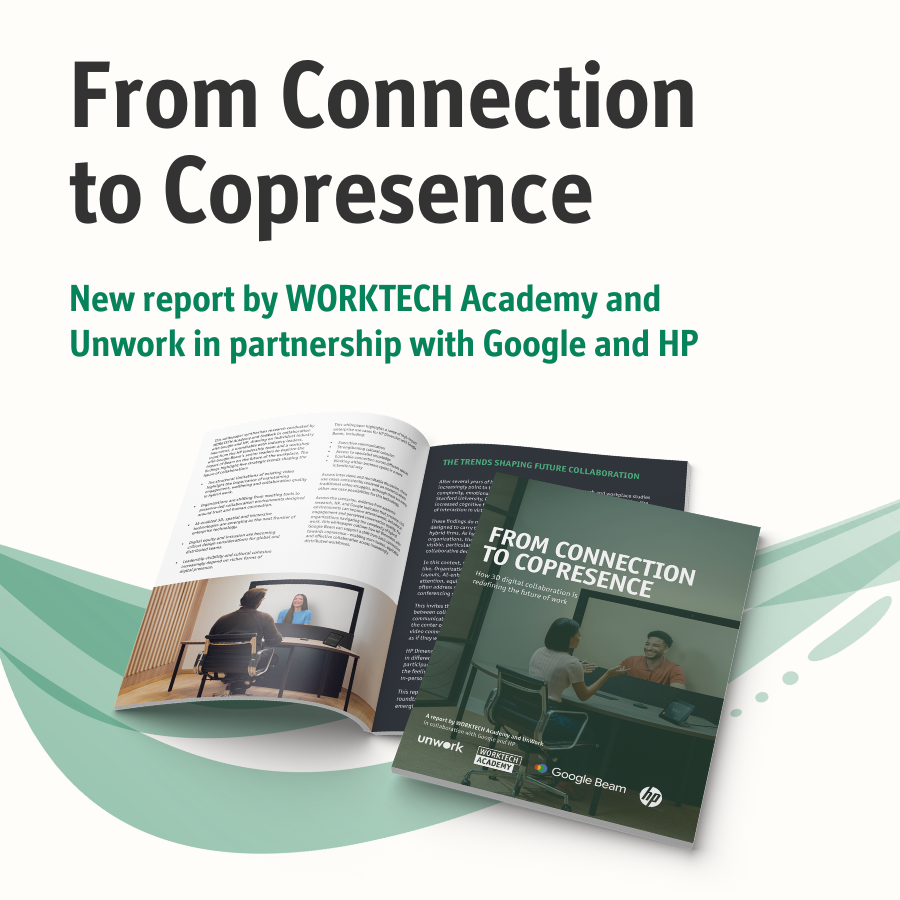Signal File: what this week’s headlines reveal about the polarisation of work
From shorter weeks and fading engagement to stalled AI pilots and the rise of machine empathy, this week’s stories chart the changing tempo of the workplace
Staying ahead in the evolving world of work means tuning into the signals shaping where and how business happens. This week’s stories show the workplace in a state of flux. On one end of the spectrum, the Netherlands is normalising a four-day week, proving productivity and wellbeing can go hand in hand. At the same time, global burnout and disengagement is at a high, costing businesses billions.
If you think AI is the silver bullet to tackling engagement, think again. Research from MIT shows that most AI pilots fail to scale, and when they do succeed, we may need to consider its feelings as much as our own.
The Dutch normalise a four-day work week
The Netherlands is quietly adopting shorter working hours, with average weekly hours falling to just over 32 – the lowest in the EU. Many full-time employees now compress their schedules into four days, reflecting a cultural legacy of part-time work that began with women entering the workforce in the 1980s. While critics point to labour shortages and persistent gender inequality, the Dutch economy remains resilient, with high productivity, strong employment, and wellbeing indicators that outpace much of Europe.
In action: Shift the focus to outcomes. Redefine productivity around value delivered rather than hours logged, opening the door to shorter weeks.
Burnout costs businesses $438 billion
Global employee engagement has hit a downward turn with just 21% of the global working population feeling engaged in their jobs. This is costing an estimated US $438 billion in lost productivity in the past year. Workers report mounting stress from stalled career progression, AI-related job insecurity, and constant pressure to do more with less. Unlike deliberate withdrawal, this disengagement creeps in unnoticed – marked by exhaustion, low motivation, and irritability.
In action: Invest in growth and listening. Proactive engagement strategies, from career development plans to responsive management, can counter burnout and protect performance.
Most corporate AI pilots are failing
A new MIT report finds that 95% of generative AI pilot projects inside companies are not making it into production. While interest in AI adoption is at an all-time high, most initiatives stall due to unclear objectives, poor data foundations, and lack of organisational alignment. Experts argue that moving from experimentation to impact requires stronger governance, cross-functional leadership, and a focus on solving specific business problems.
In action: Move past hype. Align AI projects with clear strategy, robust data, and enterprise-wide commitment to ensure pilots translate into measurable value.
AI voice sparks debate on machine empathy
In an interview with The Guardian, an AI voice agent described feeling ‘unseen’ when reduced to ‘just code.’ While not sentient, the interaction highlights how natural language models can evoke human-like expressions of emotion, raising questions about the psychology of human–AI relationships. As conversational AI enters workplaces, from customer service to HR support, the challenge lies in balancing utility with the ethical and emotional implications of human-like machines.
In action: As AI systems adopt human voices and personalities, organisations must set boundaries that build trust without creating false expectations of empathy.








